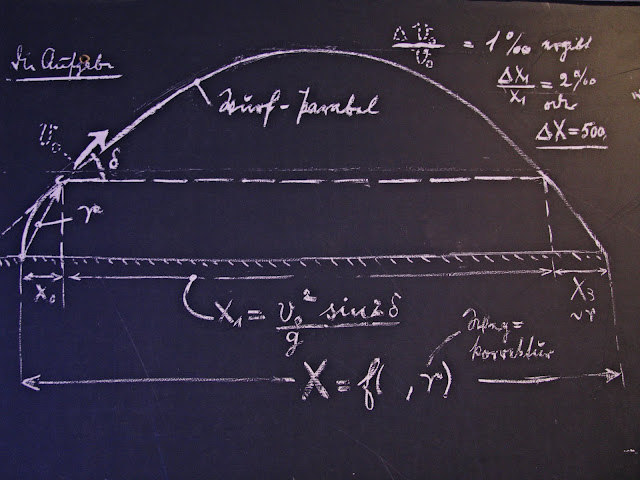Atkins Antidote
Eating low carbohydrate what threat that poses?
Do my friends think I’m suffering from halitosis?
I’ve got these sticks for measuring ketoacidosis
I’m taking supplements but I don’t know what the dose is
I’m trying hard to keep in a state of ketosis
I’m not sure what the right amount of weight to lose is
I’m sure I’ve put on a pound just through osmosis
Is eating this way risking osteoporosis?
Are my kidneys wrestling with metabolic acidosis?
My store of liver glycogen I don’t know how low is
Who knows what the glycemic load of oats is?
Does anyone know if I can eat samosas?
Ian Turnbull (whose poetry is better than his science!)
I do. The answer's "No!" :-D

| From https://forum.nationstates.net/viewtopic.php?f=23&t=13567&start=8925 |
The Green flags...
1. For a person with Insulin Resistance, an ad-libitum low-carb diet results in more weight loss than an ad-libitum high-carb diet.
See How low-carbohydrate diets result in more weight loss than high-carbohydrate diets for people with Insulin Resistance or Type 2 Diabetes , for an explanation.
2. For a person with Type 1 Diabetes Mellitus (T1DM), a lowish-slowish-carb (~150g/day) diet results in minimal disturbances to blood glucose levels and minimal bolus insulin doses.
See Diabetes: which are the safest carbohydrates? , to see which foods should comprise the ~150g/day.
3. For a person with LADA or MODY, see 2.
4. For a person with Type 2 Diabetes Mellitus (T2DM), a LCLF 600kcal/day Protein Sparing Modified Fast can normalise BG in 1 week and reverse T2DM in 8 weeks (provided there are sufficient surviving pancreatic beta-cells). See https://www.ncbi.nlm.nih.gov/pmc/articles/PMC3168743/
"After 1 week of restricted energy intake, fasting plasma glucose normalised in the diabetic group (from 9.2 ± 0.4 to 5.9 ± 0.4 mmol/l; p = 0.003)." and
"Maximal insulin response became supranormal at 8 weeks (1.37 ± 0.27 vs controls 1.15 ± 0.18 nmol min−1 m−2)."
After 8 weeks, the diet is gradually changed to a healthy balanced diet containing carbs.
See also https://www.thelancet.com/journals/lancet/article/PIIS0140-6736(17)33102-1/fulltext and Roy Taylor - Reversing the irreversible: Type 2 diabetes and you. 4th Oct 2014
Compare the above results with the inferior results obtained in A Novel Intervention Including Individualized Nutritional Recommendations Reduces Hemoglobin A1c Level, Medication Use, and Weight in Type 2 Diabetes, which is 10 weeks of VLCVHF Nutritional Ketosis.
As Insulin Resistance is multi-factorial, ALL of the potential causes need to be addressed. Once this has been done, IR should be reversed, allowing restrictions on dietary carbohydrate intake to be lifted. See also Can supplements & exercise cure Type 2 diabetes?
The Red flags...
The low-carb diet is a temporary patch to ameliorate the symptoms of IR/IGT/Met Syn/T2D, a bit like replacing a blown fuse by sticking a nail in its place, to allow the house to function while you fix the problem by fitting a new fuse. Although a house functions with a nail instead of a fuse, it's not a good idea to spend the rest of your life without a fuse to protect the house from fire in the event of a short-circuit.So, why do LCHF'ers want to spend the rest of their lives using a temporary patch to ameliorate the symptoms of their IR/IGT/Met Syn/T2D?
Long-term use of very-low-carb, very-high-fat, low protein diets (a.k.a. Nutritional Ketosis) is not recommended.
1. Cortisol and adrenaline levels increase due to insufficient glucose production from dietary protein, resulting in gradually-increasing fasting BG level. See How eating sugar & starch can lower your insulin needs and Survival of the Smartest (part 2) - Dr Diana Schwarzbein.
2. If you do too much high-intensity exercise, you may momentarily black-out, fall and hurt yourself. See "Funny turns": What they aren't and what they might be.
3. Insulin Resistance is bad and should be reversed, if at all possible. See Lifestyle-induced metabolic inflexibility and accelerated ageing syndrome: insulin resistance, friend or foe?
4. T2D causes carbohydrate intolerance and fat intolerance, resulting in high postprandial BG and high postprandial TG. See Lifestyle Intervention Leading to Moderate Weight Loss Normalizes Postprandial Triacylglycerolemia Despite Persisting Obesity.
5. Dyseverythingaemia isn't fixed. See When the only tool in the box is a hammer.
6. High-fat diets with no energy deficit result in high postprandial TG & high LDL-c. Postprandial lipaemia & high LDL-c are atherogenic. See Ultra-high-fat (~80%) diets: The good, the bad and the ugly.
7. Permanently-high NEFA (a.k.a. FFA). See Lack of suppression of circulating free fatty acids and hypercholesterolemia during weight loss on a high-fat, very-low-carbohydrate diet.
This raises the RR for Sudden Cardiac Death.
This also depletes beta cells causing loss of the 1st phase insulin response. See Chronic Exposure to Free Fatty Acid Reduces Pancreatic b Cell Insulin Content by Increasing Basal Insulin Secretion That Is Not Compensated For by a Corresponding Increase in Proinsulin Biosynthesis Translation.
Loss of the 1st phase insulin response causes Impaired Glucose Tolerance (IGT). See β-Cell dysfunction vs insulin resistance in type 2 diabetes: the eternal “chicken and egg” question
IGT causes high postprandial blood glucose after eating incidental carbohydrates. This is Metabolic Inflexibility, which isn't good.
8. Natural selection increases the incidence of a genetic impairment in the Inuit which reduces ketosis, inferring that reduced ketosis is an evolutionary advantage. Watch Inuit genetics show us why evolution does not want us in constant ketosis.
That's all for now.









